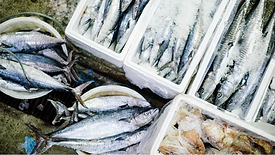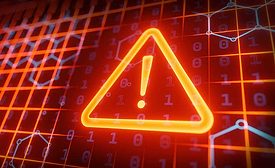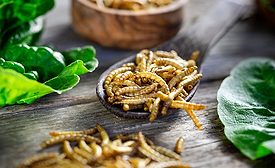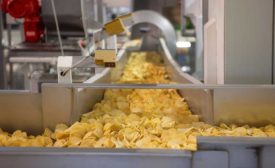Food Defense
Avian Influenza, Food Safety Messaging, and Biosurveillance
Companies will need to think more strategically about how food safety assurance messaging must be made complimentary to traditional food safety practices
Robert A. Norton Ph.D.
Cris A. Young D.V.M., M.P.H., Diplomate A.C.V.P.M.
Daniel M. Gerstein Ph.D.
Marcus (Marc) Sachs P.E.
August 8, 2024
Two Tools for One Health and Biosurveillance
Increasingly, disease outbreaks are being considered using the lens of One Health
July 2, 2024
Malevolent AI: Navigating the Shadows of Technology Advancement in the Food Industry
AI's integration into the food industry has been largely beneficial, streamlining processes from production to distribution; however, this integration also opens doors for malevolent use
April 10, 2024
Beneficial AI: Safe, Secure, and Trustworthy Artificial Intelligence for Food Safety
AI can help ensure food safety by analyzing patterns and trends that might not be readily apparent to human analysts
February 13, 2024
Never miss the latest news and trends driving the food safety industry
eNewsletter | Website | eMagazine
JOIN TODAY!Copyright ©2024. All Rights Reserved BNP Media.
Design, CMS, Hosting & Web Development :: ePublishing










